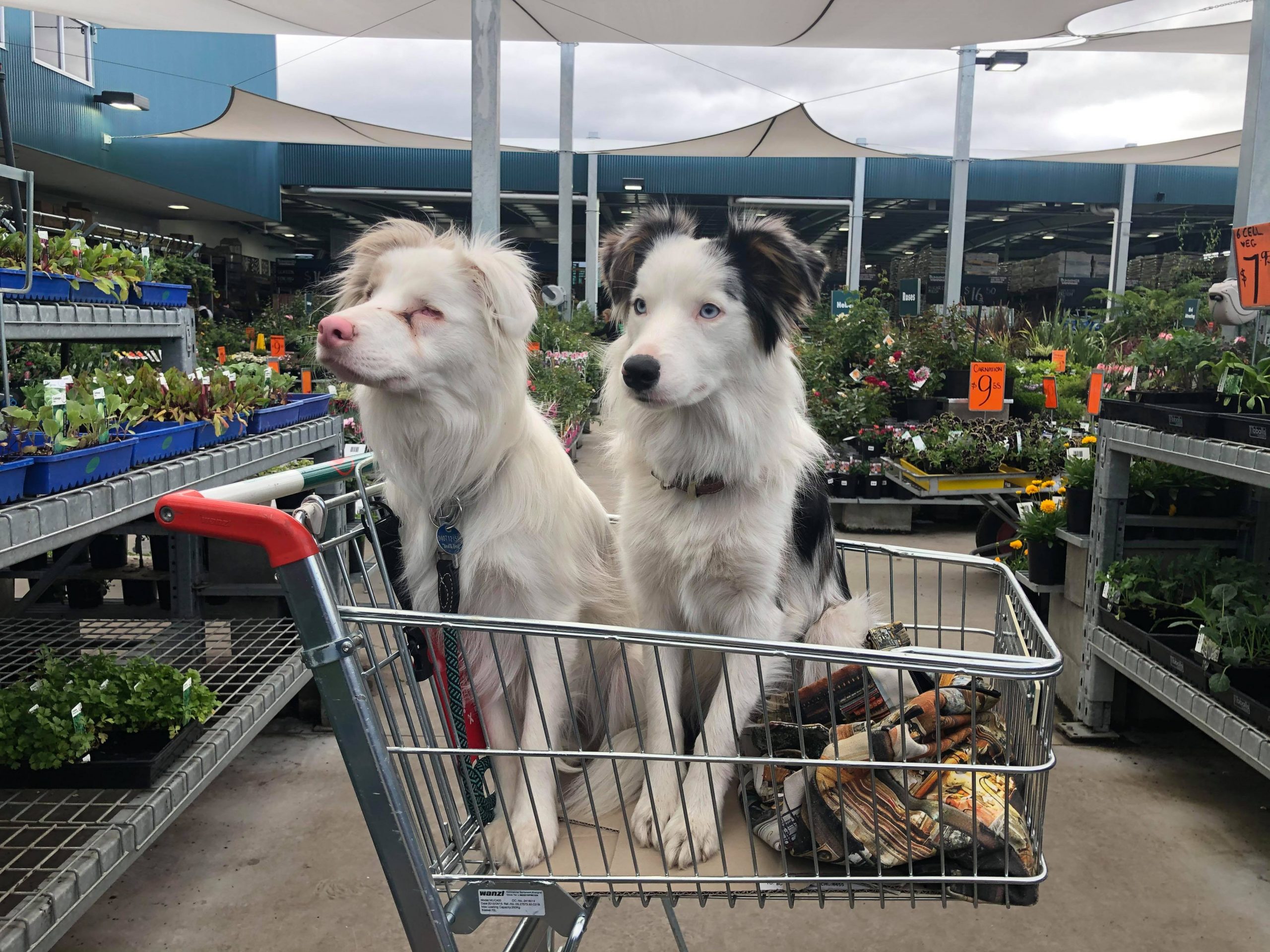There is much confusion about what dog behaviour professionals are talking about when we stress the importance of socialisation. Most people take that to mean play with other puppies and dogs, but mixing socially with others isn’t the most important part, rather we’re talking about learning what is “normal” and expected in the world around them. If our puppy is coming across new and unusual things after the age of 16 weeks, they’re quite likely to greet those things with fear. This is why it’s important to try and get as much socialisation as possible early on.
Not sure what sort of things you should be socialising your puppy to? Download your own Puppy Socialisation Checklist.
If a puppy is healthy and on an up to date vaccination plan, socialisation should begin as early as possible. In order to lower disease risk, you can attend puppy class at a vet, or with a training school like Every Dog, where we disinfect the training area before each puppy class. Look for a puppy class with an emphasis on socialisation, you can teach sit and drop at any age, but you only have a limited time to work on shaping the way your puppy sees and approaches the world around them.
You can also take your puppy to lots of new places and to see new people. Avoiding dog heavy areas like dog parks and dog beaches is preferred at least until they have finished their vaccinations.
If a puppy is not taken out and allowed to explore new environments by the age of 14 weeks, it is unlikely to do so voluntarily in the future. Between 10 and 20 weeks, if a puppy does not receive appropriate exposure to a range of stimuli, it is likely to result in neophobia (a persistent and abnormal fear of anything new).
While socialisation needs to be a positive experience, we also don’t want to make the mistake of making other dogs and people more fun than us! A well socialised dog doesn’t need to go up to every single dog and person that they see. We don’t want them to be afraid, but we also don’t want them to be magnetised towards these things, so part of socialisation is also rewarding our puppy when they ignore other dogs and people, or when they disengage and come back to you.
